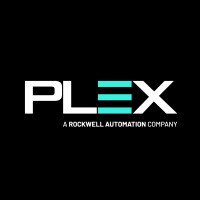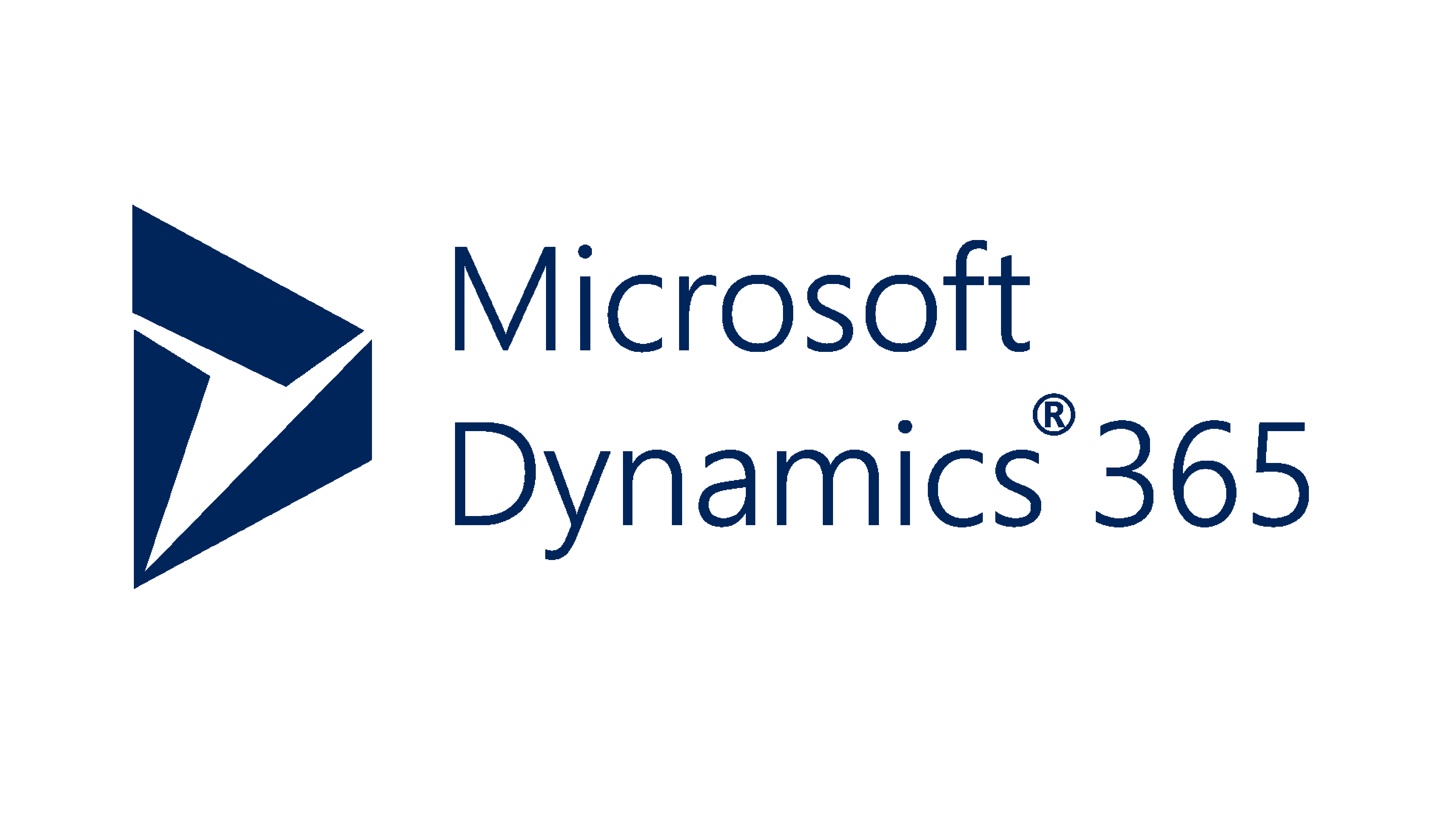ERP for Supply Chain
ERP for supply chain management can boost productivity and efficiencies for supply chain focussed companies, plus enable them to operate compliantly and across borders with ease.
At ERP Research we provide independent advice and analysis for top supply chain ERP systems, helping you find the best software, faster.
Top 10 ERP Software Report
Get our free in depth comparison of the Top 10 ERP solutions available on the market including Netsuite, Acumatica, Oracle, SAP and more.
Best ERP for Supply Chain Management
ERP software for supply chain management needs integrated processes and data models to synchronise data between your internal business functions and simulate supply chains in real time. So here are some of the most popular supply chain focussed ERP systems:
Odoo
Odoo is an open source ERP platform which is used by small and fast growing companies that need to manage complex supply chains across their businesses. See how Odoo supply chain capabilities compare with other ERP solutions.
SAP Business ByDesign
SAP Business ByDesign is a Cloud ERP solution that serves as a stable solution with over 30 out of the box processes for manufacturing firms.
Microsoft Dynamics Business Central
Microsoft Dynamics 365 Business Central is used by SMB & SME manufacturers.
SAP S/4 HANA
SAP S/4 HANA for many is the gold standard ERP solution for large manufacturers. It provides deep industry capabilities for manufacturing and offers the largest customer base of global manufacturing organizations.
Microsoft Dynamics 365
Microsoft Dynamics 365 has become extremely popular with manufacturing organizations that need a greater degree of flexibility in their ERP system. Microsoft has also heavily invested in AI & ML capabilities to improve automation and efficiencies.
Oracle ERP Cloud
Oracle ERP Cloud is a popular ERP solution amongst manufacturers, particularly in process industries. ERP Cloud offers integrated functionality across large enterprises including supply chain, production, HCM, financials and more.
PLEX Manufacturing Cloud
Plex Manufacturing Cloud provides a comprehensive solution for manufacturers to manage their operations, from inventory management to quality control. With real-time data visibility and collaboration tools, Plex Manufacturing Cloud enables manufacturers to optimize their processes and improve their bottom line.
IFS
IFS ERP is a powerful and comprehensive software solution designed to enable businesses to manage their operations more efficiently. This system provides a range of features and functionalities that help companies automate their workflows, streamline processes, and increase productivity.
Acumatica
Acumatica ERP is a comprehensive software solution designed to streamline supply chain management (SCM) processes. Acumatica allows businesses to manage their inventory, purchasing, order fulfillment, and shipping in a centralized platform. The system facilitates real-time tracking of inventory levels, ensuring accurate stock counts and timely replenishment.
Cloud ERP for Supply Chain Management
Cloud ERP software for supply chain management needs integrated processes and data models to synchronise data between your internal business functions and simulate supply chains in real time. So here are some of the most popular supply chain focussed Cloud ERP systems:
SAP S/4 HANA
SAP S/4 HANA for many is the gold standard ERP solution for large manufacturers. It provides deep industry capabilities for manufacturing and offers the largest customer base of global manufacturing organizations.
Oracle ERP Cloud
Oracle ERP Cloud is a popular ERP solution amongst manufacturers, particularly in process industries. ERP Cloud offers integrated functionality across large enterprises including supply chain, production, HCM, financials and more.
SAP Business ByDesign
SAP Business ByDesign is a Cloud ERP solution that serves as a stable solution with over 30 out of the box processes for manufacturing firms.
SAP Business One
SAP Business One is a powerful enterprise resource planning (ERP) software that can be used to manage various business processes, including supply chain management. Here are some ways SAP Business One can be used for supply chain management:
-
Procurement Management: SAP Business One can help manage the procurement process by automating purchase orders, managing supplier relationships, and monitoring inventory levels. It can also help track orders and deliveries, manage supplier contracts, and provide real-time visibility into procurement activities.
-
Inventory Management: SAP Business One can provide real-time visibility into inventory levels, including available stock, committed stock, and on-order stock. This can help optimize inventory levels, reduce stock-outs, and improve order fulfillment. It can also help manage inventory across multiple warehouses and locations.
-
Warehouse Management: SAP Business One can help manage warehouse operations, including receiving, picking, packing, and shipping. It can also provide real-time visibility into warehouse activities, such as inventory levels, order status, and warehouse utilization.
-
Sales and Distribution Management: SAP Business One can help manage sales and distribution activities, including order management, invoicing, and shipping. It can also help manage customer relationships and provide real-time visibility into sales activities.
-
Demand Planning and Forecasting: SAP Business One can help with demand planning and forecasting by analyzing historical sales data, market trends, and customer behavior. It can also help identify potential supply chain disruptions and provide insights into customer demand.
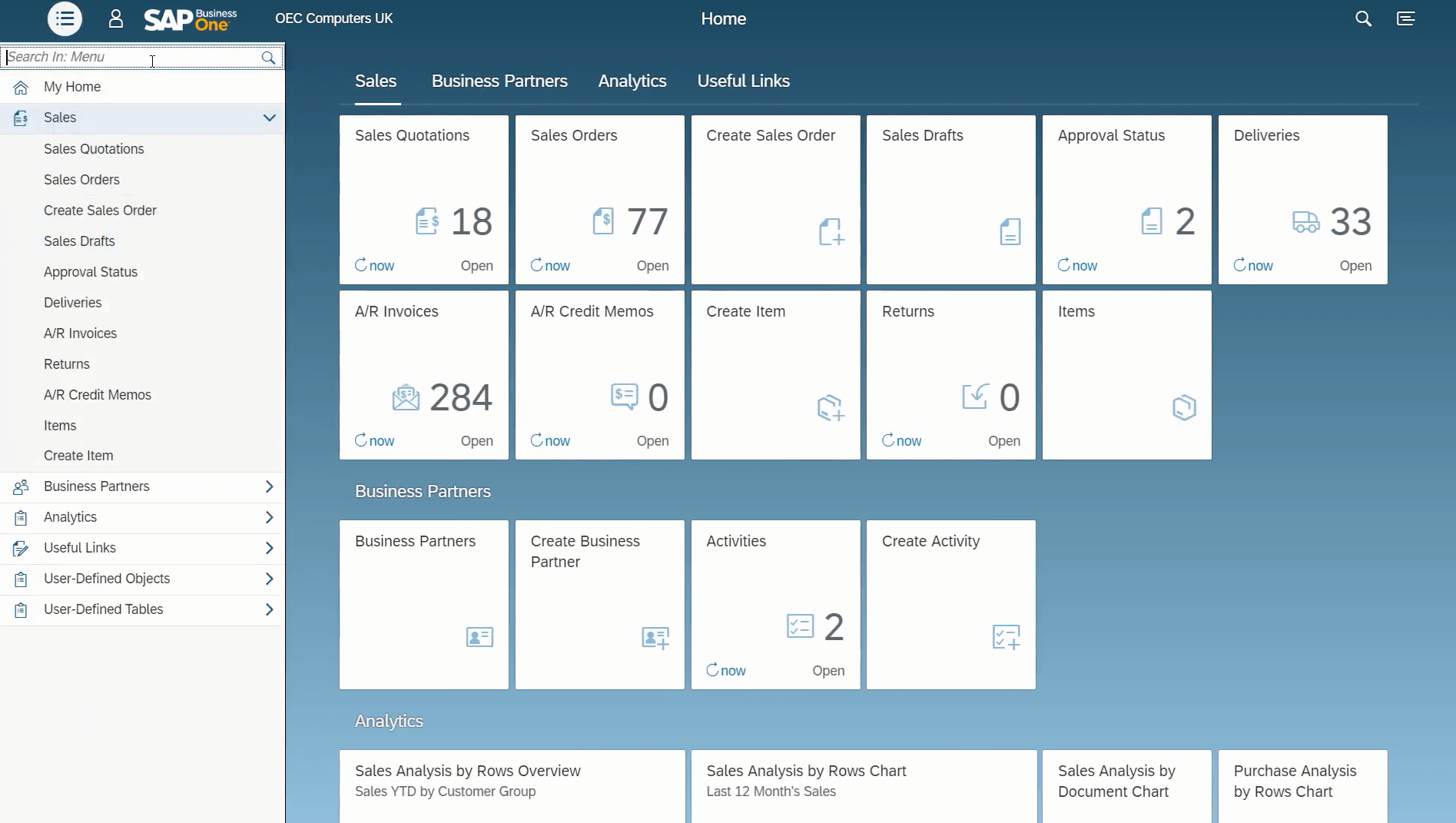
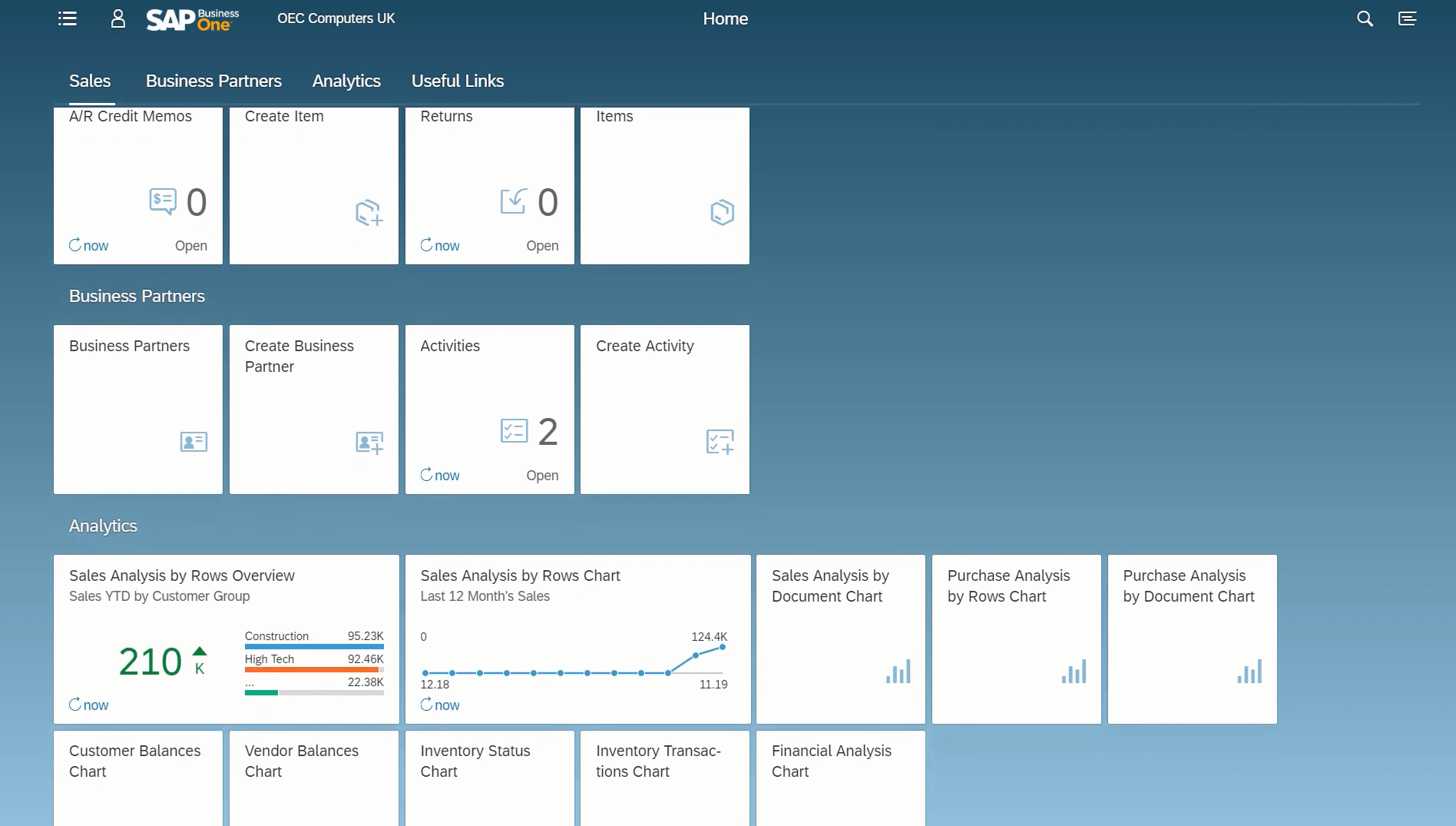
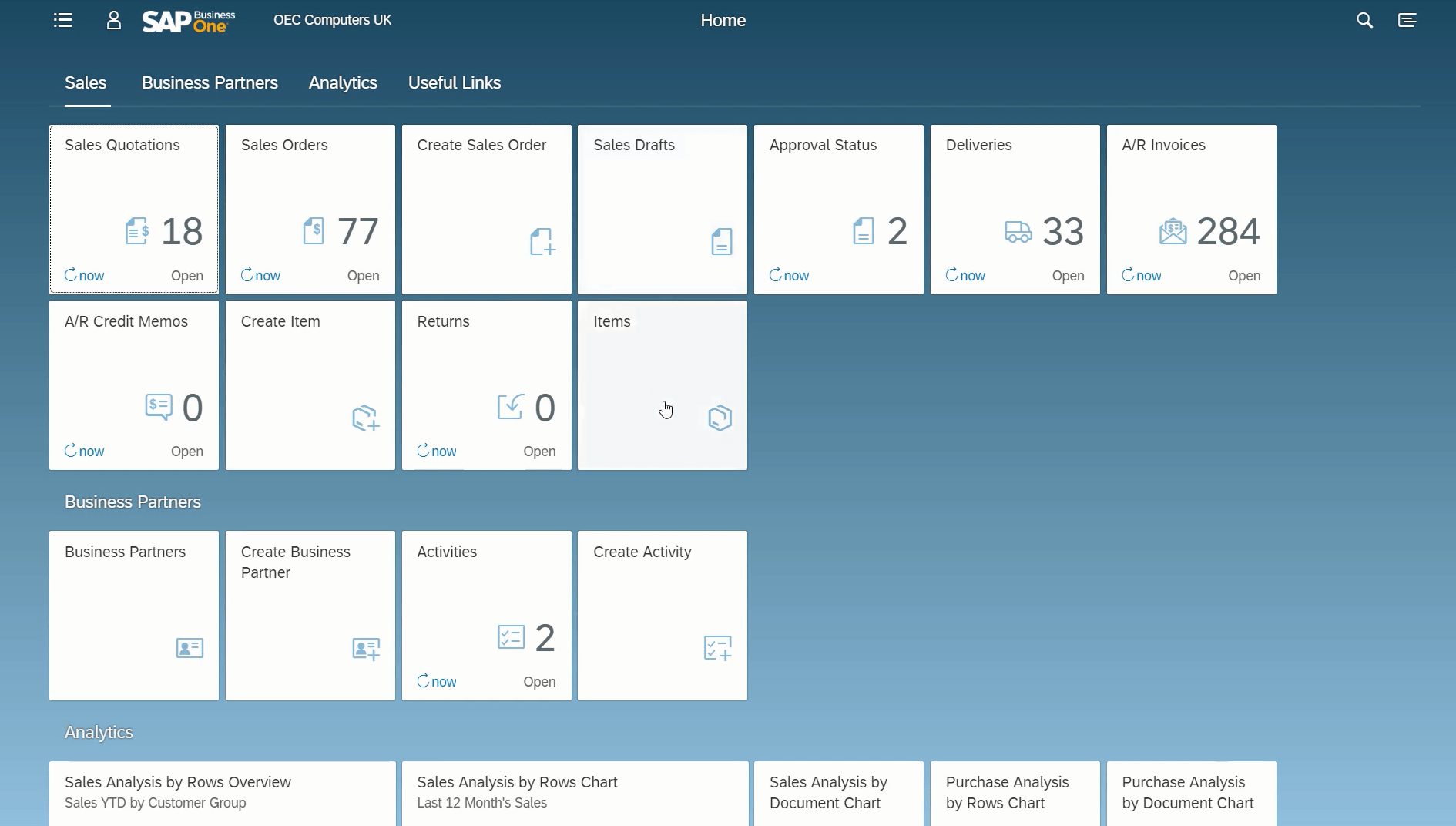
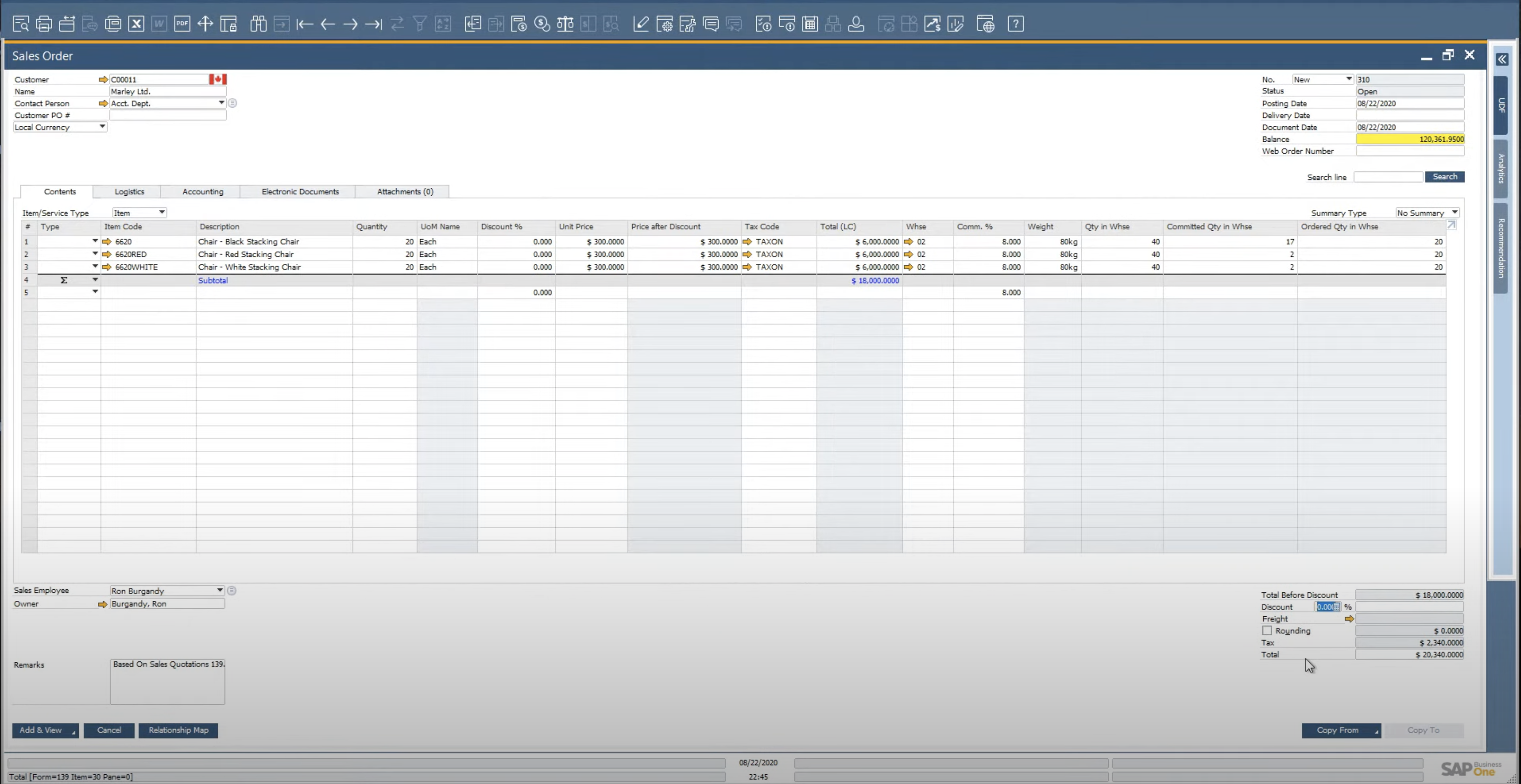
Infor CloudSuite Industrial
nfor CloudSuite Industrial (CSI) is a powerful ERP (Enterprise Resource Planning) software that is designed specifically for manufacturing and supply chain management. Here are some reasons why Infor CloudSuite Industrial is considered one of the best ERP software for supply chain management:
-
Comprehensive functionality: Infor CloudSuite Industrial provides a wide range of functionalities that support end-to-end supply chain management. These functionalities include procurement, inventory management, production planning and scheduling, quality control, logistics management, and more. By using a single software platform, supply chain managers can streamline their processes and improve operational efficiency.
-
Scalability: Infor CloudSuite Industrial is a highly scalable software that can support both small and large enterprises. It can be customized according to the needs of the organization, and additional functionalities can be added as the business grows.
-
Real-time visibility: Infor CloudSuite Industrial provides real-time visibility into the supply chain, enabling supply chain managers to make informed decisions based on accurate, up-to-date data. This can help reduce the risk of stockouts, improve order fulfillment, and optimize inventory levels.
-
Mobility: Infor CloudSuite Industrial provides mobile access to critical supply chain information, allowing supply chain managers to access data from anywhere, at any time. This feature can be particularly useful for managers who need to make quick decisions while on the go.
-
Integration: Infor CloudSuite Industrial can be easily integrated with other software systems, such as CRM and accounting software. This allows for seamless data transfer and a more streamlined workflow across departments.
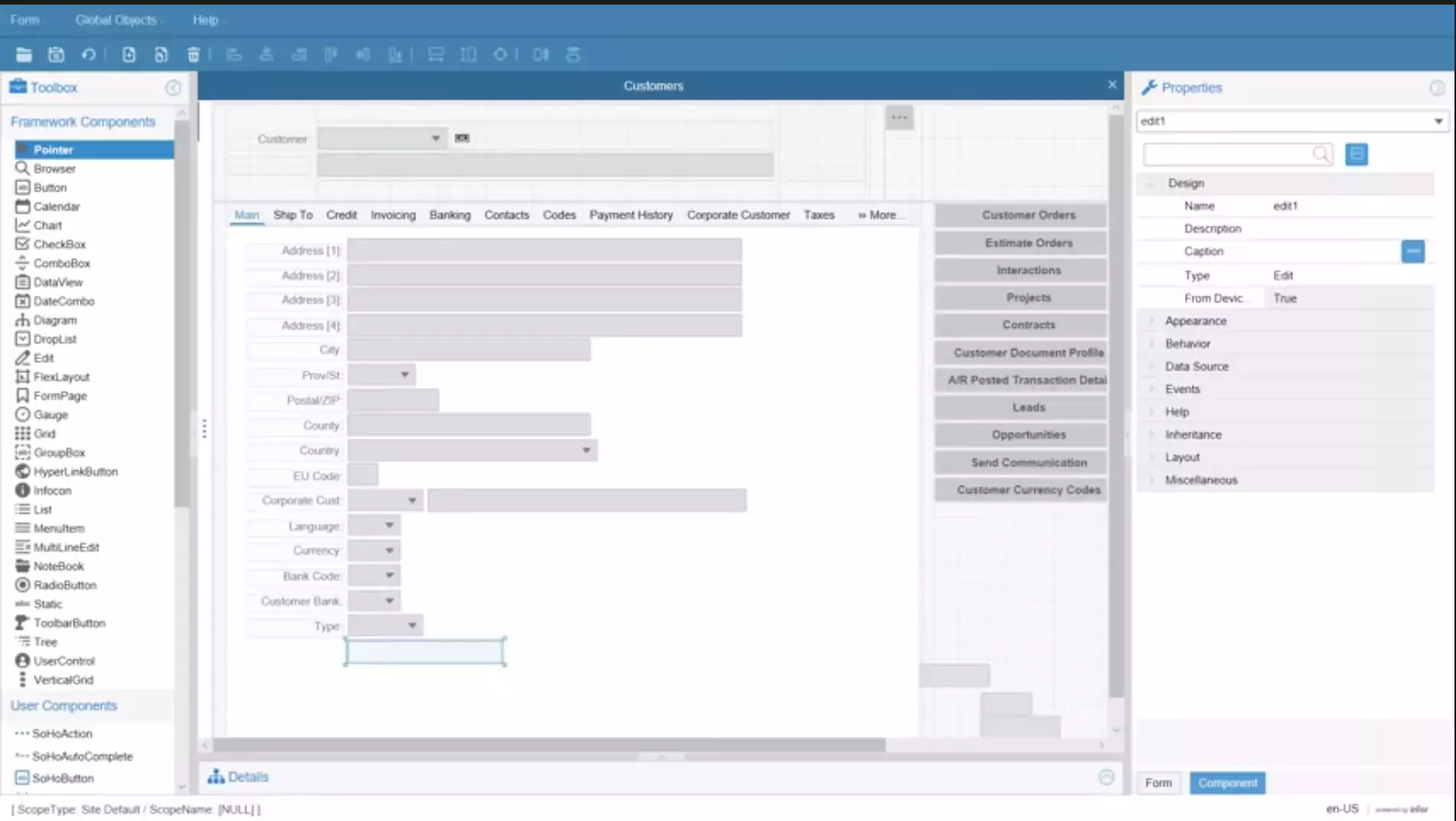
SAP S/4 HANA
SAP S/4HANA is one of the leading enterprise resource planning (ERP) systems for supply chain management (SCM). It offers a comprehensive suite of tools and features designed to help businesses optimize their supply chain operations and improve overall efficiency.
Some of the key features of SAP S/4HANA for SCM include:
-
Advanced analytics: SAP S/4HANA offers powerful analytics capabilities that allow businesses to gain real-time insights into their supply chain operations. This enables them to make informed decisions and take proactive measures to improve efficiency and reduce costs.
-
Streamlined processes: With SAP S/4HANA, businesses can streamline their supply chain processes by integrating various functions such as procurement, inventory management, logistics, and production planning. This reduces the need for manual intervention, eliminates redundancies, and ensures better control over the entire supply chain.
-
Enhanced visibility: SAP S/4HANA provides enhanced visibility into the supply chain, allowing businesses to track inventory levels, monitor supplier performance, and identify potential bottlenecks. This enables them to respond quickly to changing market conditions and customer demands.
-
Seamless integration: SAP S/4HANA can be easily integrated with other SAP products such as SAP Ariba, SAP SuccessFactors, and SAP Fieldglass, as well as third-party applications. This ensures seamless data flow and enables businesses to leverage the full potential of their ERP system.
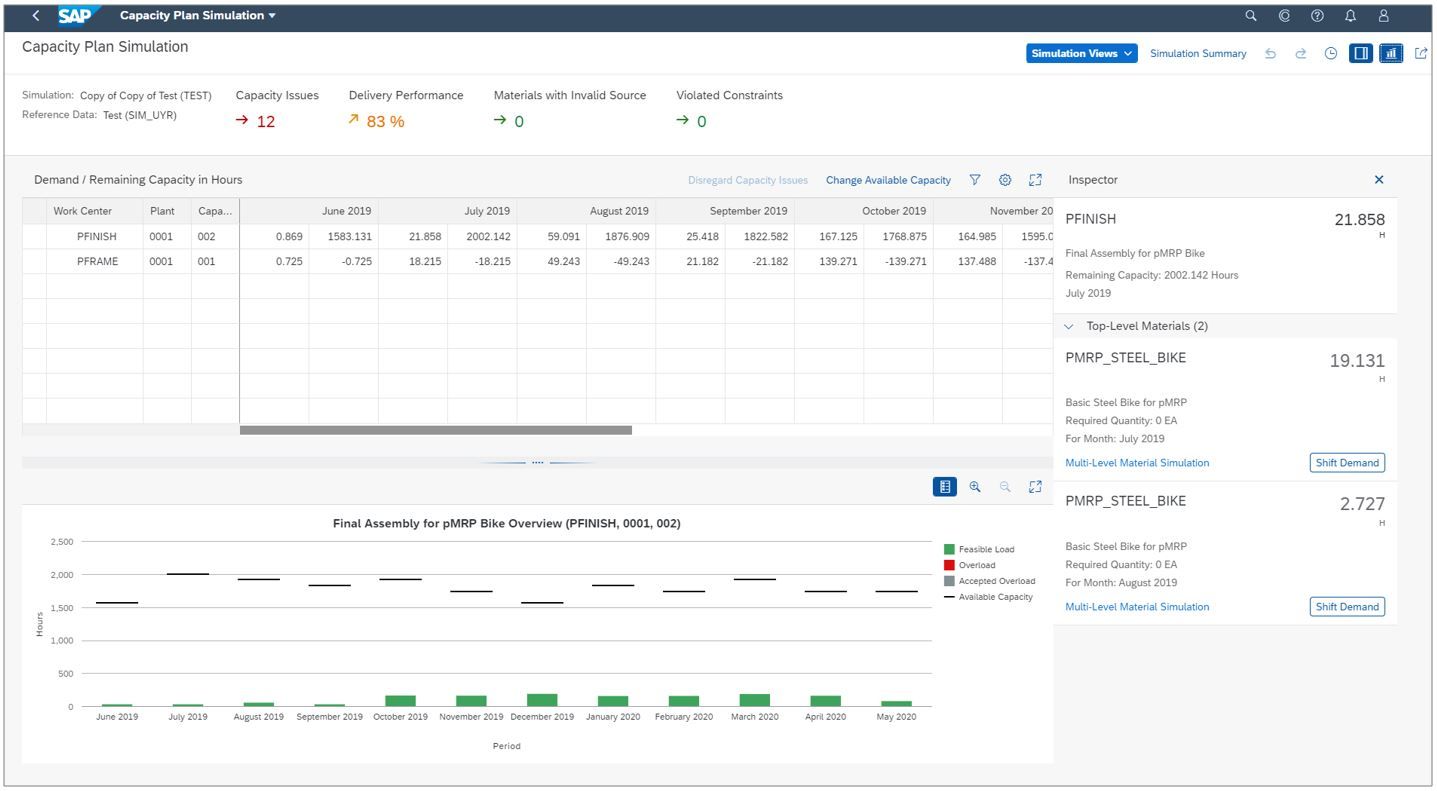
Acumatica
Acumatica is not just a good, but an excellent ERP solution for supply chain management. With its powerful and flexible features, Acumatica allows businesses to streamline their supply chain operations and gain deep insights into the performance of their supply chain processes. From managing inventory, tracking shipments, and optimizing logistics to managing multiple warehouses and handling complex distribution networks, Acumatica offers a range of tools and functionalities that can help businesses improve their supply chain efficiency and productivity. With Acumatica, businesses can gain a competitive edge by automating their supply chain processes, reducing costs, and improving customer service. So if you're looking for a reliable ERP solution for your supply chain management needs, look no further than Acumatica.
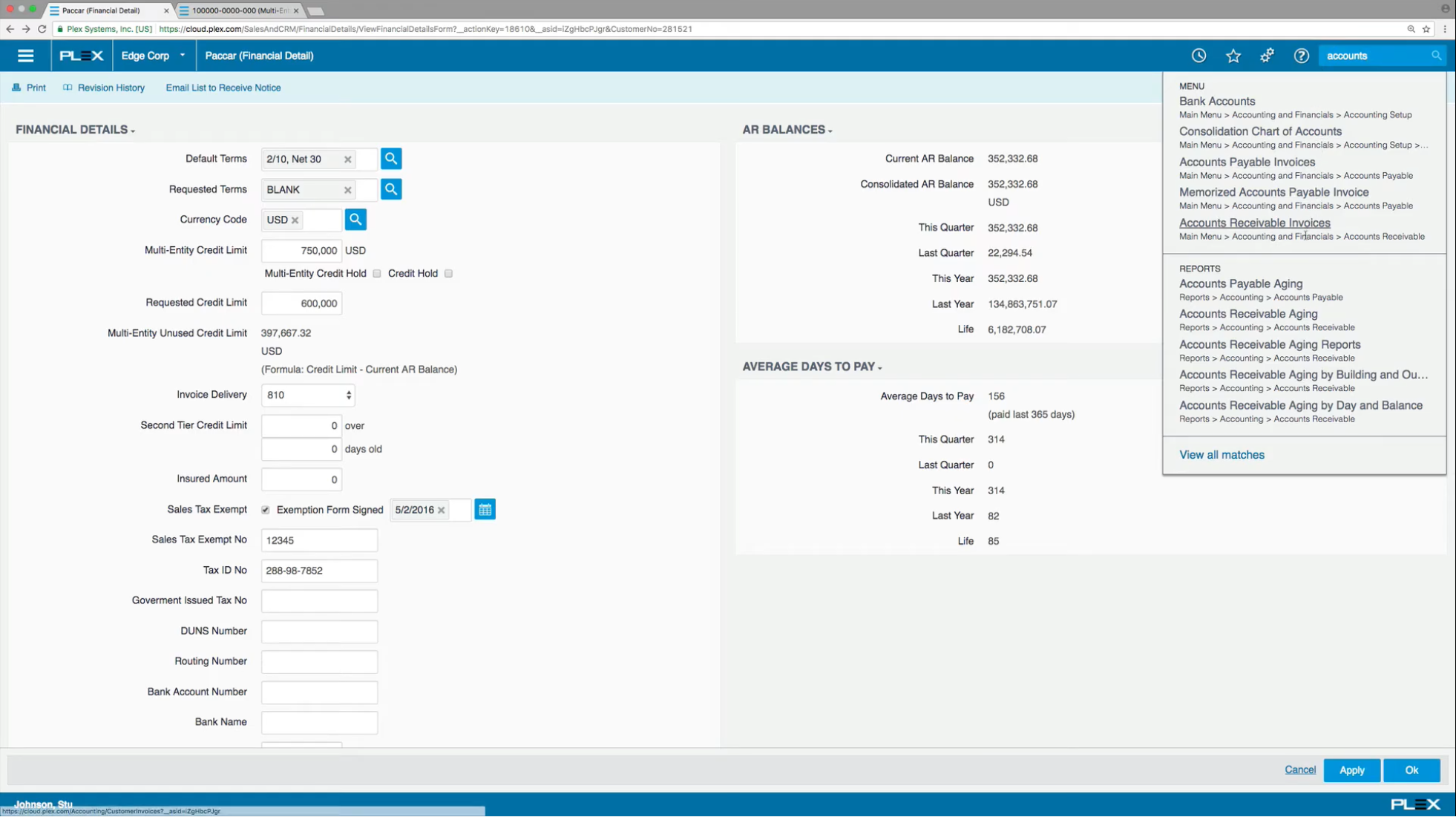
Plex Manufacturing Cloud
Plex Manufacturing Cloud is a comprehensive and versatile ERP system that can be used to manage supply chain operations with ease. With its robust features and intuitive interface, Plex Manufacturing Cloud empowers businesses to streamline their supply chain processes, optimize inventory management, and enhance overall efficiency. From procurement and order management to production planning and shipment tracking, Plex Manufacturing Cloud provides end-to-end visibility into every aspect of the supply chain. It also enables real-time collaboration between suppliers, manufacturers, and customers, ensuring seamless communication and coordination throughout the supply chain ecosystem. With its advanced analytics and reporting capabilities, Plex Manufacturing Cloud helps businesses make data-driven decisions and improve their supply chain performance. Whether you're a small business or a large enterprise, Plex Manufacturing Cloud is the ideal ERP solution for managing your supply chain operations.

Microsoft Dynamics 365
Microsoft Dynamics 365 is a powerful cloud-based enterprise resource planning (ERP) solution that provides a range of tools and functionalities to help businesses manage their operations, including supply chain management. Here are some ways in which Dynamics 365 can be used for supply chain management:
-
-
Inventory Management: Dynamics 365 can help businesses manage their inventory levels, track inventory movement, and forecast demand. It can also automate inventory replenishment and alert users when inventory levels fall below certain thresholds.
-
Purchase Order Management: Dynamics 365 enables businesses to create, manage, and track purchase orders from suppliers. Users can also monitor the progress of orders and receive alerts when orders are delayed or have been completed.
-
Sales Order Management: With Dynamics 365, businesses can manage their sales orders from receipt to fulfillment. The system can track the status of each order and provide real-time visibility into inventory levels and order fulfillment processes.
-
Warehouse Management: Dynamics 365 includes features for managing warehouse operations such as receiving, putaway, picking, and shipping. It can also optimize warehouse layouts, automate inventory movement, and track employee productivity.
-
Transportation Management: Dynamics 365 provides tools for managing transportation, including carrier selection, shipment planning, and tracking. The system can also optimize shipping routes and calculate shipping costs.
-
Demand Planning: Dynamics 365 can help businesses forecast demand and plan production accordingly. The system can also track actual sales against forecasts and adjust production schedules accordingly.
-
Quality Control: Dynamics 365 includes features for managing quality control processes, including inspections and tests. Users can define inspection criteria, record inspection results, and track non-conformance issues.
-
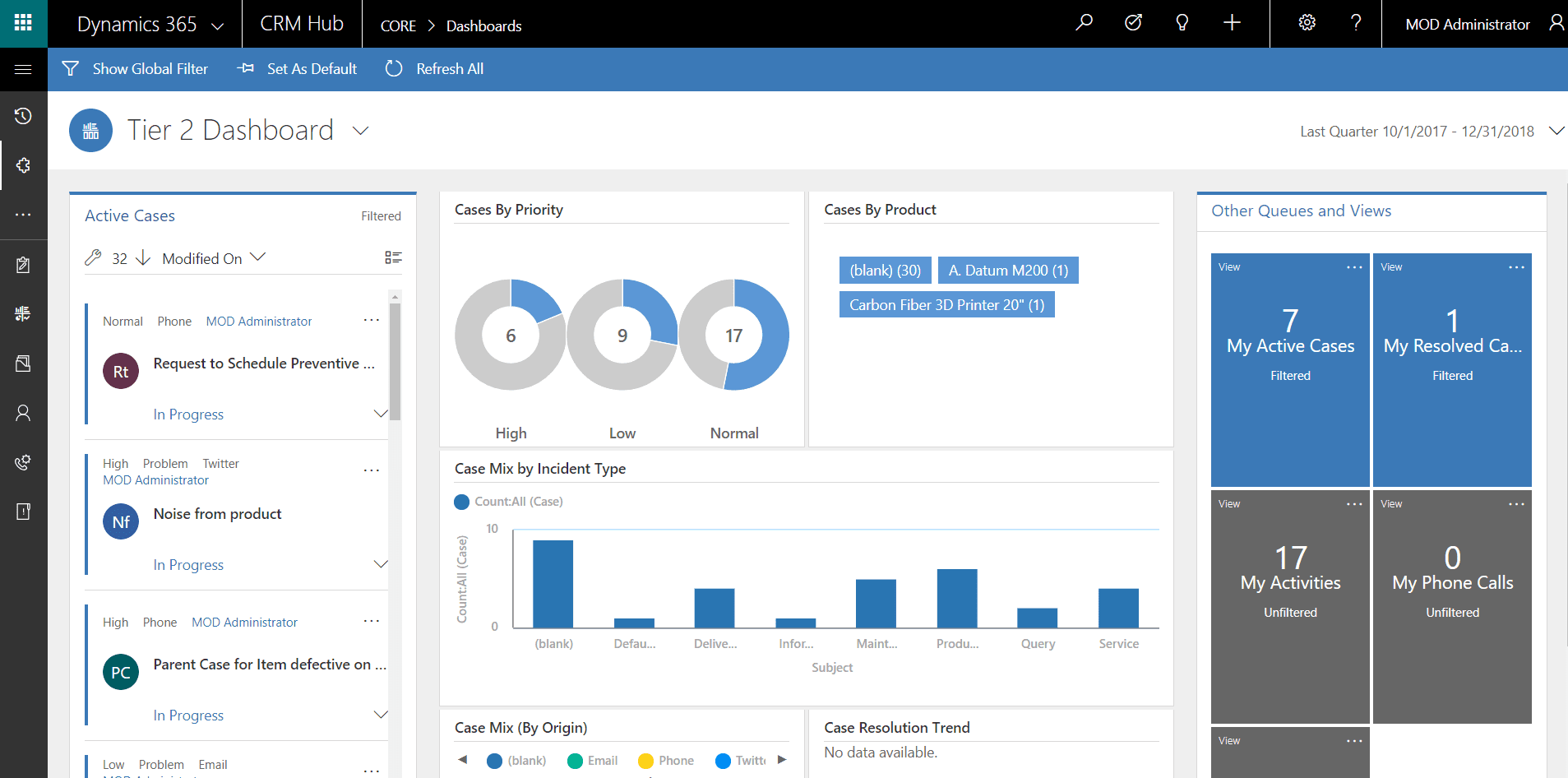
What is the best ERP for manufacturing in 2021?
We review the best ERP software for manufacturing? We compare and rank the best ERP software for manufacturers in 2021 including SAP Business One, Netsuite, Infor & more.
ERP Requirements Gathering (RFI, RFP) Template Excel
Start your ERP evaluation process with our RFI & RFP Excel template for the engineering industry.
ERP Project Budget Calculator Template
Calculate the costs of your ERP project with our prebuilt budget calculator.
Top Supply Chain ERP Modules & Functionality
The top ERP software for manufacturers can include a variety of modules and functionalities that allow manufacturing companies to scale and be more efficient. We review some of the key functionality for the best manufacturing ERP software below:
Accounting and Financials
Unify financials across your engineering firm to increase the financial control and identify issues proactively using an ERP system.
Purchasing
Ensure spend and budget compliance whilst maximising industries of scale and reducing lead times in your engineering ERP.
Production
Plan your supply chain and manage your manufacturing process in one wholistic ERP system including bill of materials management and kits.
Engineering Management
Modern ERP solutions include engineering or integration with best of breed PLM tools.
Inventory Management
ERP systems for manufacturing allow for real time insights into inventory levels across your organization to drive efficiency.
Asset Management
Manage business assets with ERP for engineering to easily capitalise and monitor your assets.
Reporting and dashboards
Develop a single view of your engineering business in order to increase transparency, decision-making and ultimately drive results.
Expenses Management
Automate expenses requisitions and approvals for your sales team or engineers within your ERP system.
Customer service
Review your customer service history and provide better cross-selling, up-selling and post-sale customer support to help deliver products more accurately.
Sales management
Track & plan sales pipeline, score leads, prospects and forecast opportunities in real-time across territories, accounts and teams.
Customisation
Flexible ERP software that's built on an open and extensible foundation, allowing you to choose the features that suit your business needs.
Mobility
Access your ERP data at any time so you're more available to customers and take advantage of unexpected opportunities as they surface.
Development tools
ERP software for the manufacturing industry features all of the tailored solutions an organization needs to design, build and document their projects faster.
Updates and maintenance
Backed by the consistency of market-leading vendors, ERP software regularly updates to ensure an optimal user experience.
Versatile deployments
Connects customers, partners, and employees through real-time digital relationships to improve the way you do business.
Unlimited support
ERP implementation is a longterm strategic partnership and vendors provide free unlimited technical support for clients.
Start Your ERP Journey With ERP Research
We help manufacturing firms to prepare for ERP change by guiding them through each stage of the process:
-
Build An ERP Business Case 2-3 weeksA solid business case is a foundation you need if you are going to persuade your organization to consider enterprise resource planning (ERP) implementation. Download Business Case Template
-
Compare ERP Vendors 2-3 weeksIt’s critical to understand which ERP vendor is right for your business. Before you decide on the vendor for your company, take a look at our solution pages to find out which vendor would be best. Compare ERP Vendors
-
Get Pricing Estimates 1-2 weeksOur exclusive process removes all the salesmen from the equation and gets you real pricing estimates from every qualified vendor. Contact Us For Pricing
-
Organize A Solution Demo 1-2 weeksDuring a demo, you will learn about how large corporations are making use of ERP software and how they are improving their business practices. Book A Demo
-
Build ERP Requirements 3-4 weeksIf you're looking to buy an Enterprise Resource Planning (ERP) system or upgrade your internal systems you will need a clear definition of all the functions, features and capabilities that you expect. You can approach this challenge by building what's called an ERP requirements document. Download ERP Requirements Template
-
Shortlist 4-8 Vendors 1 weekOne of the most important phases in the ERP project lifecycle is selecting the right software vendor. Ideally, you should shortlist 4-8 vendors - based on their credentials and your requirements. Contact Us To Shortlist Vendors
ERP for Supply Chain Guide
What is ERP for Supply Chain?
ERP for manufacturing enables companies including automotive manufacturers, aerospace and defence, food and consumer products manufacturers and more to centralise data and business processes into one ERP platform to support faster transfer of data between departments and decision making.
ERP software for manufacturing typically includes modules for sales, production, quality management, accounting and financials and often warehouse management, stock and procurement.
Who uses ERP for Supply Chain?
We see manufacturers of all sizes and in multiple industries using ERP software, ranging from startups to small businesses (SMB) and small and medium enterprises (SME) through to large multinationals with hundreds of thousands of employees.
Although almost all manufacturers will or intend to implement ERP software at some point in their journey, many manufacturers will use different ERP software or adopt different IT strategies according to their needs.
Some larger manufacturing companies choose to run large single instance ERP systems that manage multiple brands, legal entities and business units in one suite. Other, more federated manufacturers may choose to run multiple ERP solutions within their group.
What is the best ERP for Supply Chain Management?
There are many ERP solutions for manufacturers available and each is designed for companies in different industries and manufacturing sub-sectors and to suit companies of different sizes.
The best possible manufacturing ERP software on the market may not be cost effective for your business and may do more to hinder than help you. We therefore recommend evaluating multiple potential manufacturing ERP solutions to work out which one suits you best. You can check our recommended manufacturing ERP solutions for businesses of different sizes above or use our ERP comparison tool to find ERP solutions based on your industry, business size or choice of deployment.
What is the best ERP for supply chain for SMB and small businesses?
There are dozens of ERP systems available for small business manufacturers. Some of the most popular ERP software for SMB manufacturers is SAP Business One, Odoo, NetSuite, Acumatica, Infor CloudSuite Industrial, SAP Business ByDesign and Syspro.
What is the best ERP for process manufacturing?
Process manufacturing ERP software has different needs to discrete manufacturing software. In particular, the yield management and measurement capabilities need to be geared towards your particular use case.
Some of the best process manufacturing ERP software solutions are supplied by vendors such as SAP, Infor & Microsoft. Check our solution briefs above to find out more.
What are the benefits of manufacturing ERP software?
ERP software for manufacturers can provide many benefits including:
- Reducing stock holdings by optimising supply chains.
- Better visibility and reporting across your business.
- Less quality management issues.
- Faster product recall and fault detection processes.
- Enhanced customer satisfaction.
- Lower administrative and accounting costs.
- Higher adherence to compliance across accounting, quality and more.
- Lower IT and systems integration costs.
How much does manufacturing ERP cost?
Manufacturing ERP software can vary in cost depending on the size of your business, the complexity of your business processes and the manufacturing ERP system that you choose to implement. Generally speaking, the cost of a manufacturing ERP cost can be broken into manufacturing ERP software licensing costs, implementation fees and support costs.
How do I choose ERP for manufacturing?
Its highly recommended that you begin your ERP evaluation process by building an ERP requirements document when choosing manufacturing ERP software. You can use a prebuilt ERP requirements document to do this, or create one from scratch.
Once you've completed this, we then recommend evaluating 4-8 ERP solutions and vendors. You can reach out to ERP vendors and implementation partners yourself, however this can be time consuming which is why many companies use a comparison service like ERP Research to help them shortlist the best manufacturing ERP software for their needs. You can compare over 100+ ERP solutions for manufacturing as well as other industries in under 15 minutes by talking to one of our experts here.
How do I implement ERP for manufacturing?
Typically most manufacturers will select a third party ERP partner or systems integrator to implement their manufacturing ERP software. You will need to have your own internal team dedicated to steering the project. By using a third party implementation company specialized in your chosen manufacturing ERP software, your chances of success are much higher and will prevent ERP failure.
Find & Compare ERP Software for Manufacturing
Use our free tool to find and compare the market leading ERP software and solutions for manufacturing. See how ERP system solutions including Oracle NetSuite, Epicor, Infor & SAP Business One stack up against the competition.
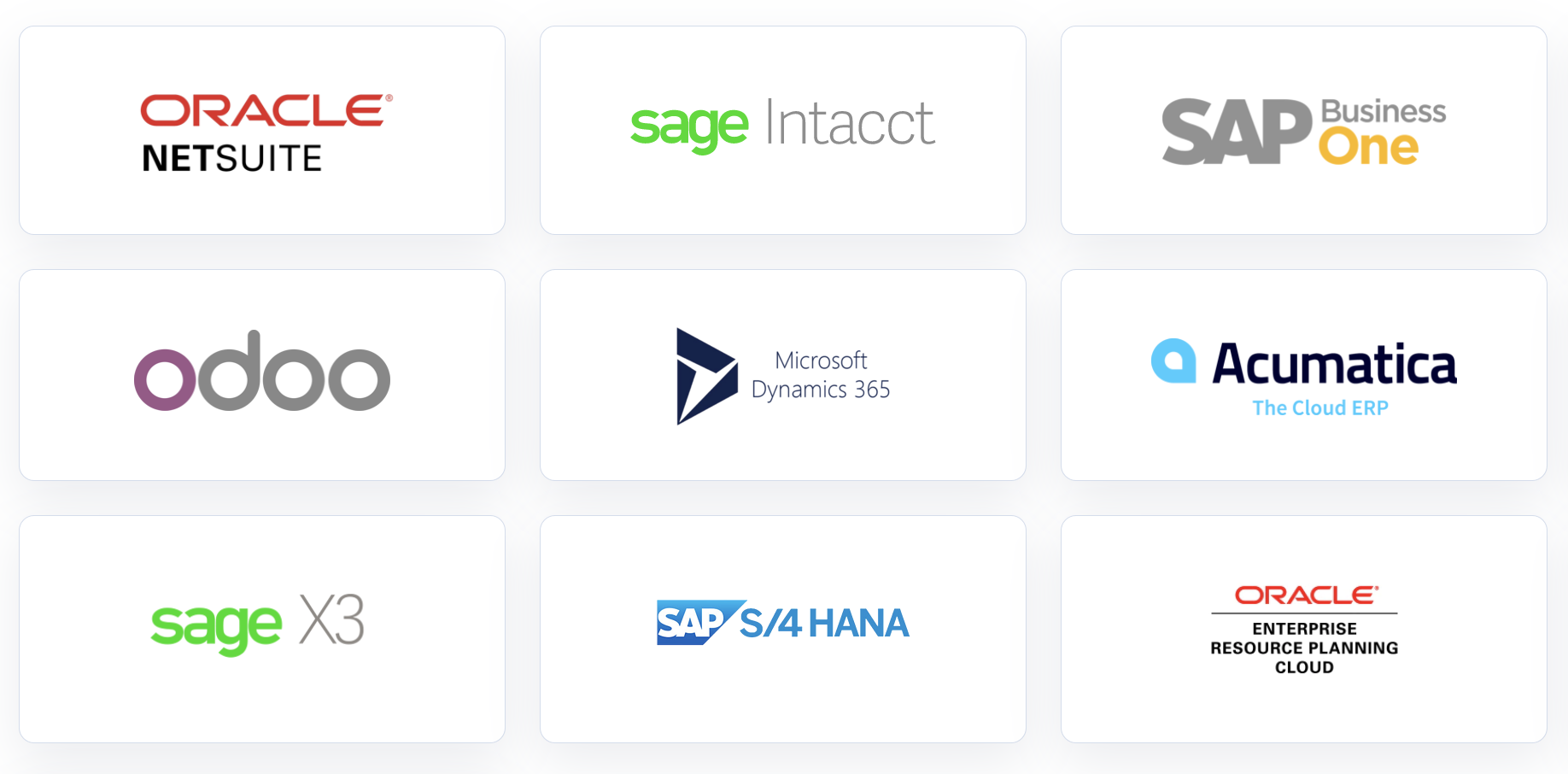












.png?width=278&name=sap-s-4hana-logo%20(2).png)








